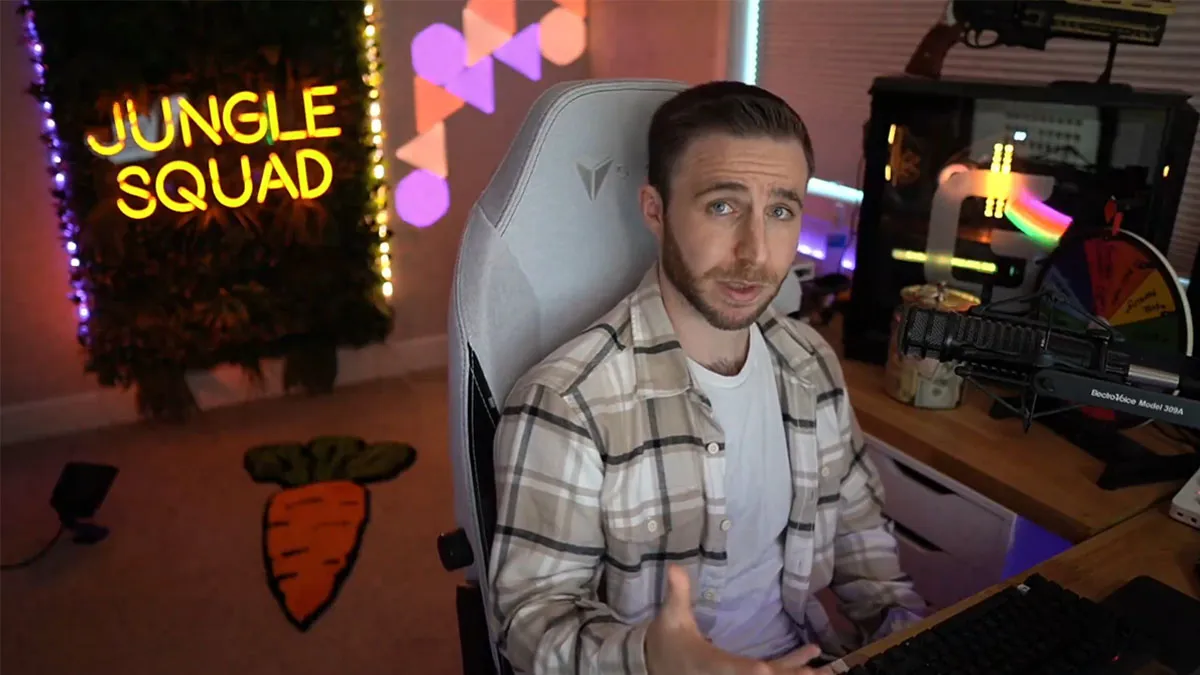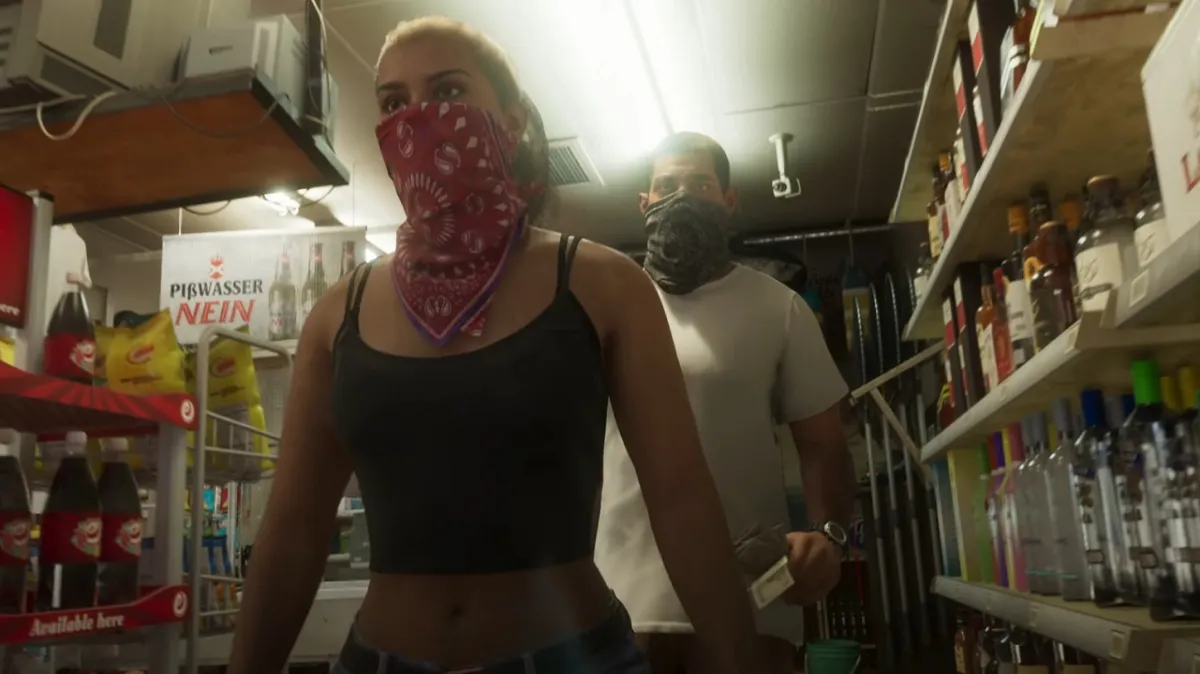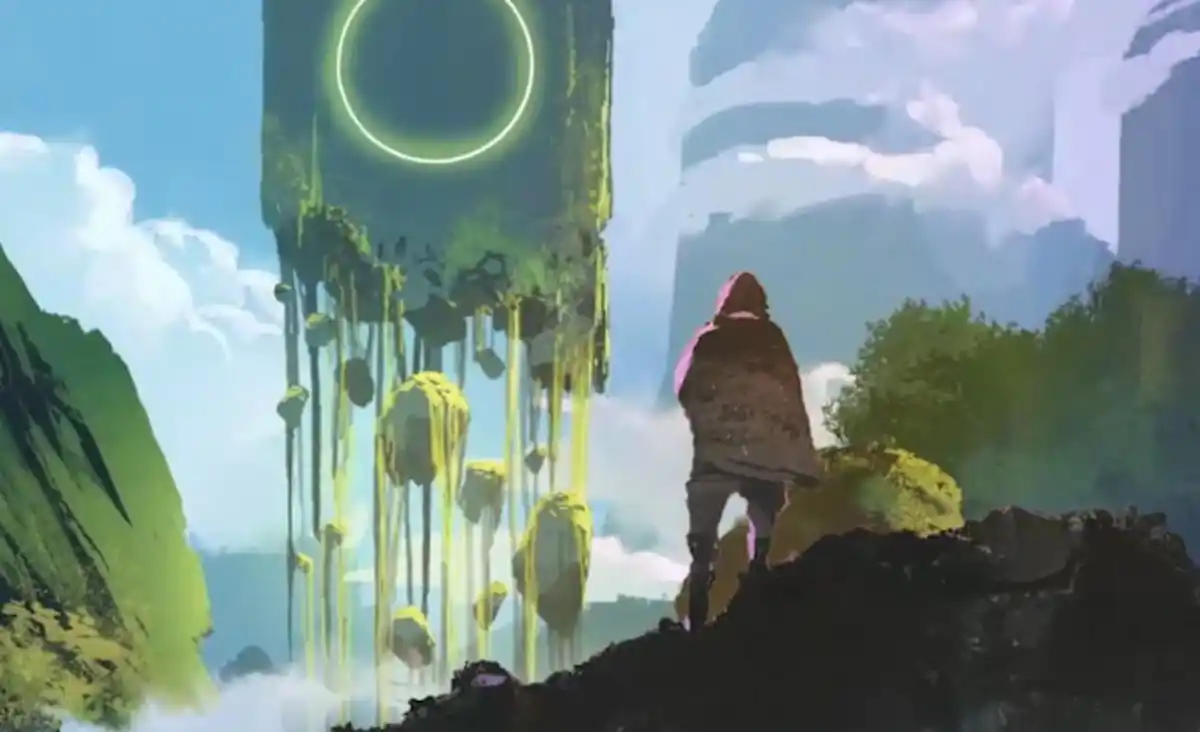Sunday marked the completion of the first ever League of Legends Collegiate Championships held by developer Riot Games. As thousands watched via online streams, University of Washington’s Blue Caster Minions came back to win the final two games of a best-of-three against the San Jose State University team, Sergio’s Dream.
Their prize? $100,000 in scholarship money and the title of the best League-playing college students in the nation. But the tournament was about more than prize money and bragging rights. It signifies a new normal for a scene that has long suffered from inconsistent funding and a lack of unity.
As the industry around esports grows and matures, so too does the infrastructure to support it. When television didn’t step up to broadcast esports matches, the industry moved online. Now video game streaming site Twitch is one of the biggest drivers of traffic online.
With around 70 percent of college students playing video games “at least once in a while,” there was bound to be some who want to take the college scene gaming to the next level.
To find them, look no further than the largest collegiate league in the world, the Collegiate StarLeague. Founded in 2009 around StarCraft: Brood War, the CSL has since grown to encompass 315 universities and thousands of active players around the globe.
CEO Duran Parsi thinks the group has barely scratched the surface of what collegiate esports can do.
“It has practically grown exponentially,” he says. “We’ve almost doubled in the number of both teams and players every single season… We expect the final number of teams [this season] to break 700.”
That’s up from 550 teams last year.
The incredible growth has unfortunately been overshadowed by funding problems. In Spring of 2012, in order to fly out their teams to the Grand Finals venue, and to have a prize pool, the CSL had to throw a community fundraiser after a sponsor pulled out. The grand prize ended up being just $3,000. Compare that to a year later, when first place netted the winning team $40,000 thanks to sponsorship from media esports company Azubu. That money allowed the CSL to throw massive global tournaments for both StarCraft 2 and League of Legends. But then Azubu pulled out, too, and the following season the league offered a paltry $1,000 for the winning team.
The problem with cash is compounded by the lack of organizational unity between the many collegiate leagues. While CSL sought to be as inclusive as possible, it didn’t stop other leagues from spouting up organically and independently. Some leagues like the Ivy League of Legends (IvyLoL), featured only one game, while others focused only for schools in a single region, like the former Texas eSports Association (TeSPA). In some cases, students are required to compete in multiple leagues at once, which is completely overwhelming when studies are added into the mix.
Recent moves by the two biggest publishers in esports—Riot Games and Blizzard Entertainment—have helped bring major stability to the college gaming scene, however.
Riot’s North American Collegiate Champions has merged the two largest League tournaments for college students (CSL and IvyLoL), and created a massive network that feeds into a finals that offers $100k in scholarships. Now with one clear direction, leagues can collaborate to find the best teams in the nation, rather than stepping on each other’s toes.
Going in another direction, Blizzard recently partnered with TeSPA, which last year rebranded with a national focus and changed its name to the more inclusive The eSports Association. Rather than just creating a league structure, TeSPA now helps these clubs promote themselves to their university and student body. By earning recognition on campus, they hope that esports will become a lasting presence that can help students grow and flourish, whether they want to play professionally or not.
No school is a better example of that kind of recognition than University of Minnesota’s Glitch Gaming. By offering weekly social events, along with fielding their own powerful rosters for the college leagues, UMN is embodying both elements of the kind of growth that collegiate esports needs. The group even threw their own convention featuring many guests from within the gaming realm.
College esports are in a perfect position to start receiving the same levels of success and recognition that other college athletes have achieved. While traditional college sports are never going to be perfect—the thorny problem of compensation for NCAA athletes comes to mind—the esports scene has an opportunity to learn from those problems. And if they play their cards right, they might even find a better way to manage college athletics, whether those sports begin with an “e” or not.





